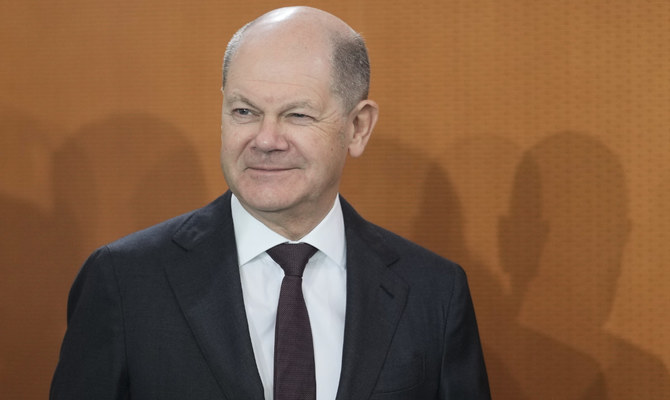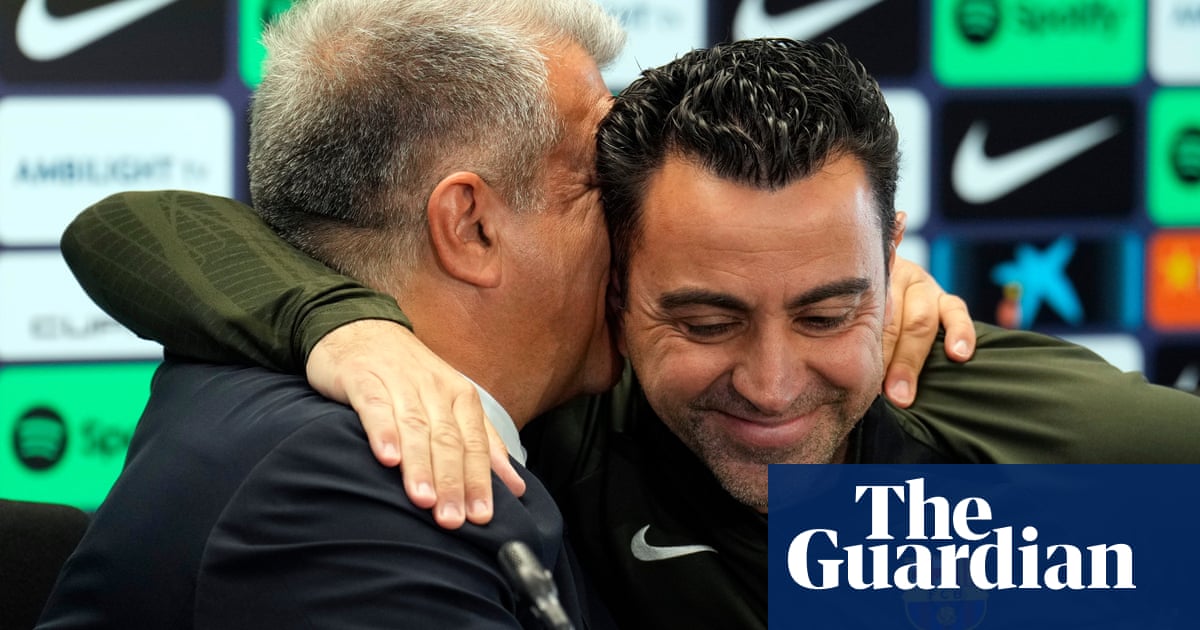
De-risking has perhaps become the key buzzword in European policy on China in recent years. Yet, attempts to deliver on this ambition have been very uneven.
Take the example of German Chancellor Olaf Scholz, who will pay his latest visit to China on Sunday, accompanied by a big business delegation that includes representatives of leading brands such as Siemens, Mercedes, Volkswagen, and Bayer.
Last year, his government drew up a strategy on Beijing that called for reduced dependence on China. Yet a recently published report by the German Economic Institute revealed there is still a mountain to climb in achieving this.
German direct investment in China has risen to a record €11.9 billion ($12.7 billion), and the report highlights the ways in which the nations’ economies remain deeply intertwined in relation to a wide range of products and raw materials. It found Europe’s largest economy still relies heavily on the Asian giant for about 200 commodities, only a small decrease from an initial 213 during the period covered by the study.
While total German imports of Chinese goods fell by almost 20 percent between 2022 and 2023, the overall percentage of product groups for which Germany relies on China for more than 50 percent of its imports, including chemicals, computers, and solar cells, has not changed significantly. Moreover, in some categories, such as pharmaceuticals and rare earth elements such as scandium and yttrium, Germany’s dependence on China has increased.
Unsurprisingly, the conclusion of the study is that “a clear structural de-risking — in the sense of a continuing trend toward further significant declines in imports — is therefore not yet apparent.”
The key challenge is perhaps that the German policy on “de-risking” is vague on specific measures or binding targets. Scholz might contemplate this core point during his trip.
He will visit Chongqing, which is located on the Yangtze River in central China and widely considered to be the largest city in the world, with about 32 million people living in its greater administrative area; Shanghai in southeastern China, the nation’s most important economic and financial center; and Beijing, where he will hold talks with Chinese President Xi Jinping and Premier Li Qiang.
There is no question that Germany, and other European nations, increasingly feel cross-pressured over engagement with China, which they variously view as both a partner and a systemic rival. However, it is difficult, in practice, for states to straddle these competing viewpoints, especially nations such as Germany that have a longstanding and deep economic dependence on the Asian giant.
The context in which to consider this is the attempts by European Commission President Ursula von der Leyen and other top EU officials, including foreign policy chief Josep Borrell, to try to enforce a stronger, bloc-wide stance on China. Given the differing views among the 27 member states, Brussels is struggling to find much common ground on Beijing.
German Chancellor Olaf Scholz will pay his latest visit to China on Sunday, accompanied by a big business delegation.
Andrew Hammond
Leading EU officials have also become increasingly concerned in recent years about whether the nature of China’s external interventions in Europe might represent a divide-and-rule strategy designed to undermine the collective interests of the continent. Borrell has even asserted that Beijing is a “systemic rival that seeks to promote an alternative model of governance” to that of Europe.
The background to this is that Europe is becoming an increasingly important foreign policy focal point for Beijing, including its role as an economic market. China, a rising superpower, had, until recently at least, generally enjoyed growing influence across much of the continent.
In the aftermath of the pandemic and Russia’s invasion of Ukraine, Brussels has therefore sought to unite the bloc around a stronger policy on China. Even on issues in which breakthroughs have been made with Beijing in recent years, such as the EU-China Comprehensive Agreement on Investment, the “long grass” of Brussels has prevented ratification of the deal in the European Parliament owing to EU concerns about China’s behavior.
A central challenge for von der Leyen and Borrell, however, is the divisions within the 27-member bloc in their views on Beijing. It is too simplistic to refer to an East-West dichotomy on the continent in this respect, in part because Hungarian Prime Minister Viktor Orban favors strong ties with China.
Nonetheless, there are clear differences in outlook between the more hawkish Eastern European nations, such as the Czech Republic, Poland, and Lithuania, and Western counterparts, such as France, Spain, and Germany that do much more bilateral business with China.
Perceptions of a divided EU have been publicly highlighted by several Chinese officials, including EU ambassador Fu Cong, who has questioned whether all 27 member states back the agenda set by Borrell and von der Leyen. He said: “Europe has not formulated a coherent policy toward China” and that it felt like “people quarreling with each other.”
The positions of Western European nations such as Germany and France are particularly problematic for Brussels given that both of them want to continue to engage extensively, economically, with China.
Berlin’s deep and longstanding business ties with Beijing are widely documented so it is no surprise that Scholz is more equivocal than von der Leyen and Borrell on the issue of China.
However, what has surprised many people is the relatively soft stance adopted by French President Emmanuel Macron. During a joint visit to Beijing last year with von der Leyen, the French president, remarkably, took a business delegation that was estimated to number about 50, and deployed the language of economic reciprocity rather than de-risking.
Taking all of these things together, this challenging background explains why so many European eyes will be on Scholz’s latest visit to China. While Germany is walking a political and economic tightrope in terms of bilateral relations, overall EU relations with Beijing remain frozen and could yet go from bad to worse this year.
• Andrew Hammond is an associate at LSE IDEAS at the London School of Economics.












